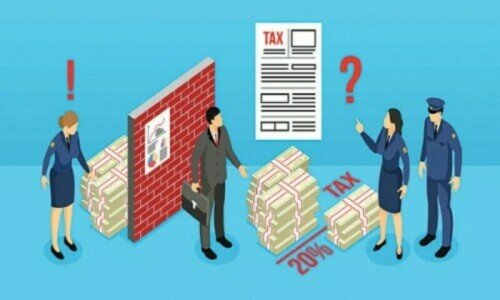ISLAMABAD: Provinces in Pakistan have decided to broaden the sales tax to cover more services starting next fiscal year. This decision aligns with the International Monetary Fund (IMF) requirements under a new $7 billion agreement.
Transition to Negative List Approach
All four provinces have agreed to switch from a “positive list” (where only specified services are taxed) to a “negative list” (where all services are taxed unless explicitly exempted). This approach is similar to the federal sales tax on goods.
Current Sales Tax Collections
- Sindh Revenue Authority: Collected Rs236.85 billion in sales tax on services.
- Punjab Revenue Authority: Collected Rs239 billion.
- KP Revenue Authority: Collected Rs41.77 billion.
- Balochistan Revenue Authority: Data pending, expected to be lower than KP.
Lessons from India
India started taxing services in 1994-95 with a positive list. By 2011-12, this list included 119 services. However, there have been disputes and litigations regarding service classifications, which Pakistan is likely to face as well.
History of Service Tax in Pakistan
Pakistan first implemented a sales tax on a few services in 2000. Initially managed by the Federal Board of Revenue (FBR), provinces took over in 2011 with the Sales Tax on Services Act. Since then, there have been classification disputes and ongoing litigations.
Moving from Positive to Negative List
Provinces will need to change their sales tax laws to adopt the negative list approach, aiming for harmonization of the sales tax policy across Pakistan. However, there are challenges:
- Harmonizing Existing Lists: Provinces have yet to harmonize the current positive lists.
- Creating a Negative List: Requires expert input and collaboration between provincial and federal governments.
- Avoiding Disputes: Developing a clear classification code for services is essential.
Economic and Political Challenges
Implementing the negative list will require considering economic, political, and other challenges. Continuous consultation with stakeholders and inter-provincial coordination will be necessary for smooth implementation and avoiding disputes.










